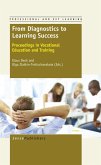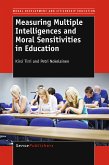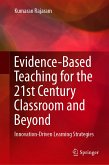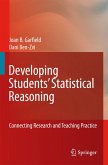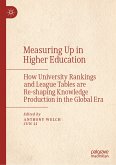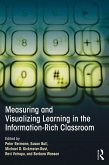Measuring competencies acquired over the course of higher education is an area of research that largely has been neglected. This deficit can be attributed to the complexity of academic competencies since the variety of institutions, programs, occupational fields and job requirements render it difficult to define and even harder to measure outcomes. Thus, assessing the preconditions for and effects of competency development is a challenge methodologically. In this book, a comprehensive review of the international state of research on modeling and measuring competencies in higher education across several academic disciplines is presented, along with an evaluation of the field's strengths and weaknesses. Renowned experts share insight into the most important recent research projects and point out controversies and challenges. Competencies are regarded as context-specific dispositions acquired and required to cope successfully with domain-specific situations and tasks. However, the range of these dispositions is controversial. Should only cognitive facets be included or is it important to consider attitudes as well? Insufficient response rates and panel attrition are further challenges, as are the limitations of paper-and-pencil approaches to the complex measurement of higher education outcomes. Thus, this book may serve as a platform for the exchange of research experiences and perspectives and hopefully will instigate improvements in research into higher education.
Dieser Download kann aus rechtlichen Gründen nur mit Rechnungsadresse in A, B, BG, CY, CZ, D, DK, EW, E, FIN, F, GR, HR, H, IRL, I, LT, L, LR, M, NL, PL, P, R, S, SLO, SK ausgeliefert werden.



